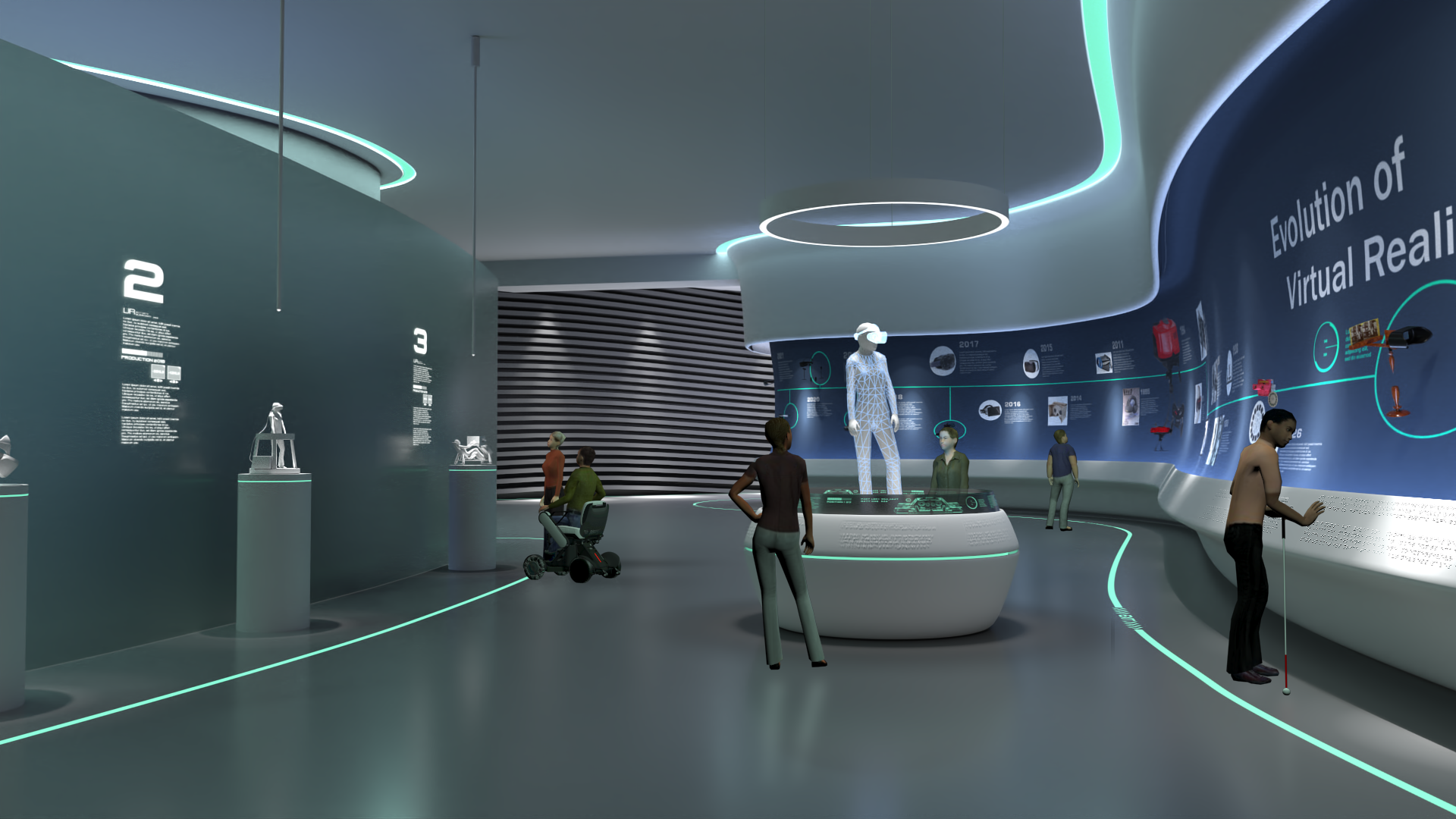
- Enhancing/Accelerating Input
Annotated Bibliography
COPY currently shown bibliography
Montgomery, D. J., Karlan, G. R., & Coutinho, M. (2001). The Effectiveness of Word Processor Spell Checker Programs to Produce Target Words for Misspellings Generated by Students with Learning Disabilities. Journal of Special Education Technology, 16(2), 27–42. https://doi.org/10.1177/016264340101600202
- This study investigated spell check programs to determine how they differ in producing target words in first position in the replacement list for misspellings generated by students with learning disabilities. Classifying misspellings by the level of phonetic mismatch to the target word (phonetic error level) and the proportion of correct two-letter sequences (bigram ratio), results suggest that spell checkers are overall ineffective in producing target words first in the replacement list for misspellings generated by students with learning disabilities.
Takeshi Kojima, Shixiang Shane Gu, Machel Reid, Yutaka Matsuo, Yusuke Iwasawa , Large Language Models are Zero-Shot Reasoners, ICML 2022 Workshop KRLM, arXiv:2205.11916. Available from: https://arxiv.org/abs/2205.11916
- Numerous experiments show that Large language models (LLMs) are just parroting their training data and are only showing impressive results because they have been exposed to huge amounts of text and break as soon as they are presented with tasks and problems that require reasoning, common sense, and skills that are implicitly learned. But this study shows that if you provide the LLMs with well-crafted prompts, you can steer them toward answering questions that require reasoning and step-by-step thinking. The researchers present a method called “zero-shot chain-of-thought” prompting, which uses a special trigger phrase in the prompt to force the LLM to go through the steps required to solve problems. And although simple, the method seems to work well frequently.
Garay-Vitoria, Nestor & Abascal, Julio. (1997). Intelligent Word-Prediction to Enhance Text Input Rate (a syntactic analysis-based word-prediction aid for people with severe motor and speech disability). 241-244. 10.1145/238218.238333. Available from : https://dl.acm.org/doi/abs/10.1145/238218.238333
- Word-prediction is a technique commonly used to reduce the amount of keystrokes needed to input text by people with severe physical disabilities. Several methods based on word frequencies have been developed so far. Many of them do not take advantage of the information inherent to the syntactic sentence structure. This paper puts forth a word-prediction method based on the syntactical analysis of a sentence, carried out using the “chart” parsing method proposed by Allen.
A Cost-Benefit Study of Text Entry Suggestion Interaction. P Quinn, S Zhai - Proceedings of the 2016 CHI Conference on Human Factors in Computing Systems. Available from: https://dl.acm.org/doi/abs/10.1145/2858036.2858305
- Mobile keyboards often present error corrections and word completions (suggestions) as candidates for anticipated user input. However, these suggestions are not cognitively free: they require users to attend, evaluate, and act upon them. To understand this trade-off between suggestion savings and interaction costs, this study conducted a text transcription experiment that controlled interface assertiveness: the tendency for an interface to present itself.
Word Prediction Technology: What It Is and How It Works. Available from: https://www.understood.org/en/articles/word-prediction-technology-what-it-is-and-how-it-works
- Word prediction is an assistive technology tool for writing that suggests words as a child types. If you’ve sent text messages with a smartphone, you’ve probably used it already. But you may not know about the advanced word prediction options now available. These tools can be very helpful for kids who struggle with writing.
Hirson, G. 1990. Text entry, analysis and correction help : assisting the disabled computer user with data entry. University of Cape Town. Available from: https://open.uct.ac.za/bitstream/handle/11427/27184/thesis_hsf_1990_hirson_guy.pdf?sequence=1&isAllowed=y
- Master thesis, examining some of the hardware and software limitations of desktop computer technology, focusing on the IBM PC and compatibles.